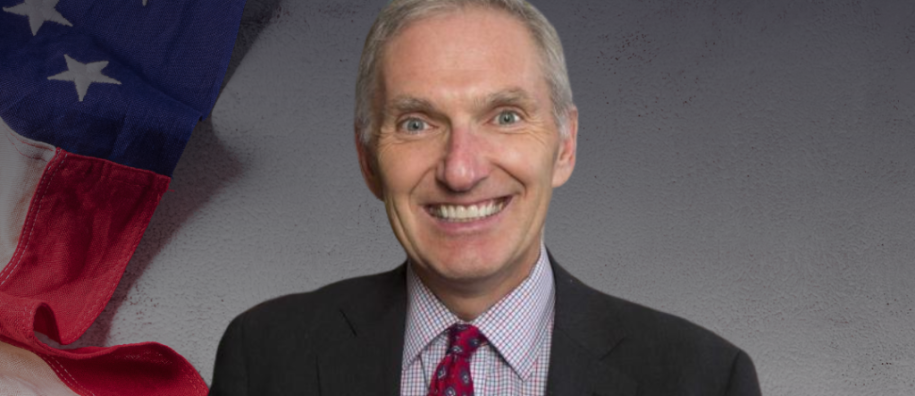
David Schultz, Professor of Political Science at Hamline University, USA, Visiting Professor at Mykolas Romeris University (MRU) and member of the MRU LAB Justice Research Laboratory
Vice-presidential debates generally do not matter in the United States. This too may be the case with the October 1 vice-presidential debate between Republican JD Vance and Democrat Tim Walz. But given the closeness of the polls right now, a debate that moves even a few voters may be enough to change the election.
Surprisingly, the debate between Vance and Walz was civil and reasonably substantive compared to the debate between Donald Trump and Kamala Harris a few weeks ago. Both Vance and Walz appeared to go out of their way to be cordial and complement one another and to try to find common ground. Yet, clearly they laid out different visions for the United States on a range of issues regarding the economy, reproductive rights, and guns.
Notably absent from the debate was a discussion of Ukraine or European security issues. This was not a surprise with Israel, Gaza and the prospects of a greater war in the Middle East a real possibility. The focus of most of the debate addressed domestic US issues including questions about the fate of American democracy, abortion, the economy, health care, and how to view the storming of the US Capitol on January 6, 2021. By most accounts, the debate was either a draw, according to CNN polls, or slightly favored Vance in the eyes of debate specialists, pundits, and experts.
The most important thing to happen in a Vice-Presidential debate is do no harm. Neither candidate committed any serious gaffe or mistake. The second rule is to force the opponent into making a major mistake. Again, neither did that. And third, defend your presidential candidate, and lay out their vision. Both of them did that well.
What is more curious is to see if, over the next few days, the vice-presidential debate changes any momentum in the US presidential election. It is unlikely to do so. Unlikely because the electorate appears to be so polarized and made up in terms of its mind, there appears to be very few voters who are undecided. We also know from the past that vice-presidential debates rarely, if at all, matter, or that vice-presidential candidates matter in terms of voters, choices for whom to vote for. The one notable exception in recent history was in 2008 where there is evidence that governor Sarah Palin might have hurt John McCain running for president. Although even in that race, John McCain was probably going to lose, but Sarah Palin perhaps made his loss among the general public even worse.
With the exception of the Trump Biden debate, the 2024 US presidential election has been relatively stable for over a year. The public has largely made up their mind about Trump and now, with Harris replacing Biden, has largely made up their mind about her. Over the last couple of months, there's been two assassination attempts, a Democratic National Convention, a Republican National Convention, and one presidential debate, there appears not to be any lasting bump or shift in the polls as a result of them. This is likely to be the case with the vice- presidential debate too.
But remember, we are not talking about moving hundreds of thousands of voters. This is an election that will come down to moving 150,000 to 200,000 voters across six or so swing states. The Vice-presidential debate may not actually be changing any people's minds so much as it might be influencing whether people show up to vote or decide not to show up to vote on Election Day.
In the state of Pennsylvania, for example, I spoke to a reporter from that state who said the election may come down to what about 30,000 voters decide to do. This is a close presidential election, and right now, the polls are indicating that either of the candidates could win come November. The leads for both of them in the critical swing states are within the margins of statistical error. Overall, going into the last month of the presidential election, it is still too close of an election to call. Voting is already taking place across many states and as we get closer and closer to the election, there are fewer and fewer people to persuade, if at all, about whom to vote for. The question now zeros in on are individuals going to show up to vote or stay home on Election Day?
Finally, when looking at the debate, it appeared that both Walz and Vance were pitching themselves as more moderate and more centrist than they are. This may have been an overt effort to try to capture those presumably undecided and centrist voters across the Midwest swing states. Both were placed on the ticket, because they're from the Midwest, with the presumption they would appeal to other Midwesterners come November 5. We shall see if that strategy has paid off.